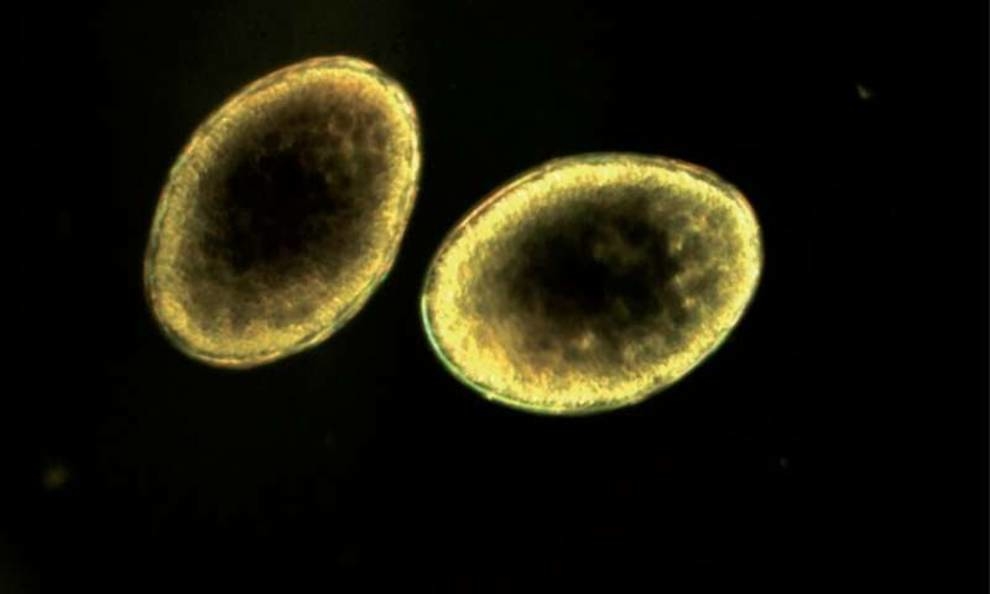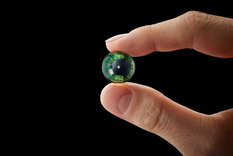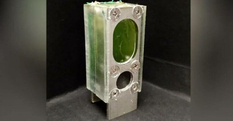We use essential cookies for the proper functioning of the website and additional ones to make interaction with the site as convenient as possible. It helps us personalize your user experience as well as obtain analytical information to improve the service.
If you agree to accept all cookies, click "Accept all"; if not, click "Only essential". To learn more, view the Cookie Policy.

Water fleas show how organisms adapt to water pollution
Water pollution and the reaction of organisms to it were studied by biologists from the University of Birmingham. They analyzed their condition before and after eutrophication.
One of the most important problems for fresh water bodies is the runoff of waters with a high phosphorus content, which is actively used in agriculture. This leads to the process of eutrophication, in which water bodies are saturated with nutrients. This phenomenon can provoke active reproduction of algae. This information is published in a Phys.org journal article.
In a study, biologists compared modern water fleas from a phosphorus-rich lake in Minnesota with Daphnia eggs, which are more than 600 years old. These eggs were found in the bottom sediment in the lake. A comparative analysis helped them establish which genes interact with each other and how they have changed over 600 years.
As it turned out, modern water fleas have genes that are responsible for the increased content of phosphorus in fresh waters. But when exactly this happened, scientists cannot answer yet.
Previously, scientists announced the recent event in astronomy. Earth passed perihelion, or the point of its orbit closest to the Sun.
One of the most important problems for fresh water bodies is the runoff of waters with a high phosphorus content, which is actively used in agriculture. This leads to the process of eutrophication, in which water bodies are saturated with nutrients. This phenomenon can provoke active reproduction of algae. This information is published in a Phys.org journal article.
In a study, biologists compared modern water fleas from a phosphorus-rich lake in Minnesota with Daphnia eggs, which are more than 600 years old. These eggs were found in the bottom sediment in the lake. A comparative analysis helped them establish which genes interact with each other and how they have changed over 600 years.
As it turned out, modern water fleas have genes that are responsible for the increased content of phosphorus in fresh waters. But when exactly this happened, scientists cannot answer yet.
Previously, scientists announced the recent event in astronomy. Earth passed perihelion, or the point of its orbit closest to the Sun.


